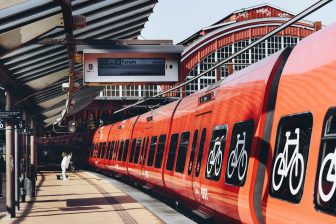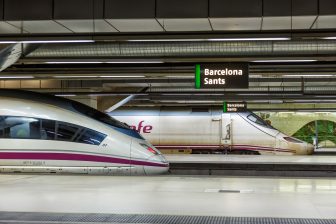
UK music festivals hit by an encore of rail strikes
Out on stage for the twenty-fourth time since last summer. The August Bank Holiday (public holiday) in England was put off key by another railway staff strike. On Saturday, approximately 20,000 rail staff trades unionists walked out for the day, in an action organised by the RMT union. The strike was the result of an ongoing dispute concerning pay settlements for workers, job security and conditions. The new issue of ticket office closures was also citied in the grievance.
Want to read more?
You have read all of your free premium articles for this month. Please become a subscriber to keep reading.
Subscribe now!
Take advantage of our exclusive offer to get full access to all premium content.



